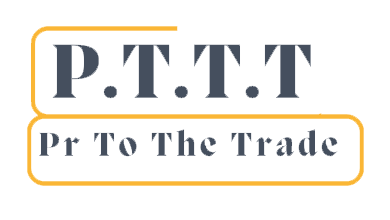As part of anti-money laundering (AML) compliance, AML assessment plays a crucial role in ensuring your business is protected. By conducting regular assessments, you can identify and mitigate money laundering risks and protect your business from potential legal and reputational damage. In this article, we will discuss AML assessment best practices that can help you ensure your business is fully protected.
1. Conduct a thorough risk assessment
Before conducting an AML assessment, it’s essential to conduct a thorough risk assessment to identify the areas where your business is most vulnerable to money laundering risks. This includes reviewing customer due diligence processes, transaction monitoring systems, and internal controls. By identifying these areas, you can focus your assessment efforts and ensure that you are allocating resources effectively.
2. Use a risk-based approach
Once you have identified areas of risk, it’s important to prioritize your assessment efforts based on the level of risk each area poses to your business. By using a risk-based approach, you can focus your resources on the areas of greatest concern, ensuring that your AML efforts are both effective and efficient.
3. Stay up-to-date on regulatory requirements
AML regulations and requirements are constantly changing, and it’s essential to stay up-to-date on the latest developments. By doing so, you can ensure that your assessment efforts are aligned with the latest regulatory expectations and avoid potential legal and financial penalties.

4. Ensure that your AML program is implemented effectively
Conducting an AML inspection is not enough if your AML program is not being implemented effectively. As part of your assessment, it’s essential to review the effectiveness of your AML program and identify areas where improvements can be made. This includes reviewing your AML policies and procedures, training programs, and internal controls.
5. Engage with an AML audit expert
Engaging with an AML audit in Auckland expert can help ensure that your AML assessment is comprehensive and effective. An AML audit expert can provide valuable insights into best practices and help you identify areas for improvement. In Auckland, there are many AML audit firms that can assist you in conducting an effective AML assessment.
6. Keep accurate and detailed records
Finally, it’s essential to keep accurate and detailed records of your AML assessment efforts. This includes documenting your risk assessment, assessment findings, and any remediation efforts that are undertaken. By keeping detailed records, you can demonstrate to regulators that you are taking AML compliance seriously and ensure that you are well-prepared in the event of an audit.
Conclusion:
Conducting regular AML assessment is essential for ensuring that your business is protected from money laundering risks. By following these best practices, you can ensure that your assessment efforts are comprehensive, effective, and aligned with regulatory requirements.

